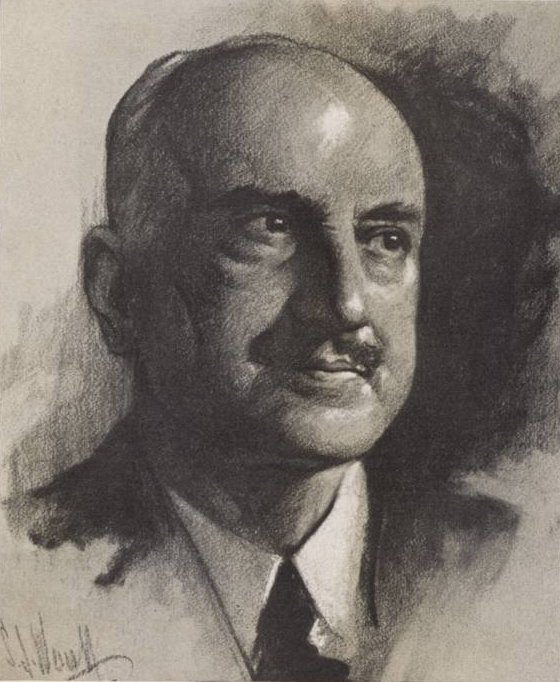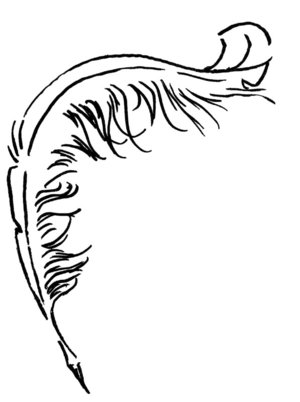
To Otto Kyllmann
New York Hotel
Nice, France. Dec. 30, 1922
Dear Mr Kyllmann,
It had not occurred to me that you would have any interest in not sending the preface to my “Poems” to Scribner, together with the rest of the sheets; nor do I now understand what that interest is. Messrs Scribner had written asking for a signed photograph to put in the volume; and in giving my reasons for not desiring that, I mentioned that at your request I had written a preface, which I thought might partially satisfy the same curiosity to which a portrait would have appealed; and that this preface would be a godsend to the critics who didn’t wish to read the poems themselves. I took for granted that you would send the preface with the book: so that, having raised that expectation, I should certainly prefer to have you send it, if you have no objection to doing so.
I see that misunderstandings can arise from having two publishers for the same book, and in future, as in respect to “Scepticism and Animal Faith,” I shall remember this fact, and endeavour to have all communications between me and Messrs Scribners pass through your hands, so that complications may be avoided.
Yours sincerely,
G Santayana
From The Letters of George Santayana: Book Three, 1921-1927. Cambridge, MA: The MIT Press, 2002.
Location of manuscript: Temple University Libraries, Philadelphia PA




